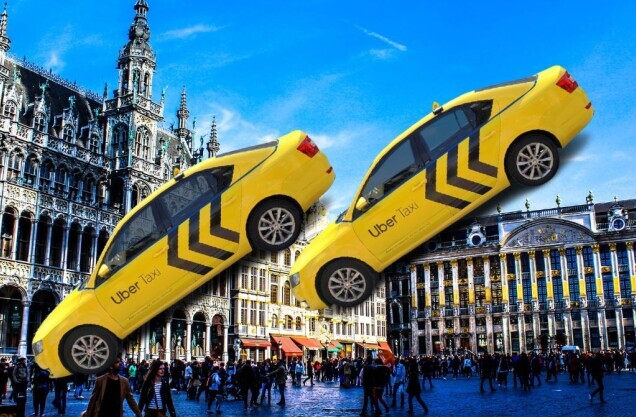
The battle between Uber and Washington DC City Council has reached a head, after we reported the driver-for-hire startup was taking umbrage at plans to pass an amendment to the taxi modernization bill that would make it illegal for Uber to lower its prices or to offer a low cost service in any form. In a nutshell, Uber would be forced to charge at least five times the price of a normal taxi cab fare.
Now it seems the plans have in fact been shelved. At a meeting today, Councilmember Mary Cheh (D-Ward 3) reversed her plans to introduce an amendment to the taxicab modernization bill that would, among other things, put into legislation new “sedan-class” rules that would effectively bring the upscale livery service Uber into compliance with D.C. regulations,” reports dcist.
The announcement is quite timely, given that in an open letter to DC City Council today, Uber CEO Travis Kalanick threw down the gauntlet to council members, requesting that they reconsider their plans so as not to stifle competition in the area.
In an impassioned plea, Kalanick took the time to remind the powers-that-be that Uber employs hundreds of drivers in the area, a figure that’s on its way to becoming thousands.
“What many of you may not realize is that Uber is a tech company with local offices bringing incredibly sophisticated technology to bare,” he says. “In an era where DC needs tech companies to locate themselves and grow in the city, what kind of message does stifling competition send to the technology community? A technology community armed with 100′s of millions of twitter and Facebook followers who passionately believe in consumer choice and are willing to wage a digital battle to be heard.”
As though to remove any doubt as to the purpose of this particular message, Kalanick asks councilors to “take the ‘Minimum Fare’ language out of the amendment”. He continues:
“It’s that simple. Doing so shows the tech community in DC that you support innovative, burgeoning technologies in the face of special interests. It shows your constituents that you’ll put people and progress above politics. I’m an idealist, it’s always been a problem of mine and I do apologize in advance.
It shows the taxi industry that the Council expects them to step up their game honestly without alternatives being relegated to only wealthy residents of Ward 3. In any case, I urge you to be bold, and do what’s right for your constituents, who really do not understand why Uber can’t help them get the best possible price for a transportation alternative they love.”
So, DC was being uber-protective (pardon the pun) about the local taxi industry there by considering a pricing floor. As Kalanick noted, it does have a sizable following online and in local communities across the US, Canada, France and the UK, so pressure was likely to mount.
As the only region looking to enforce such a pricing structure that would limit its service to the more well-heeled individuals, it was difficult to not see the pendulum swinging in Uber’s favor at some point before this amendment was given the rubber stamp.
Meanwhile, you can read Kalanick’s full letter here.
Get the TNW newsletter
Get the most important tech news in your inbox each week.




